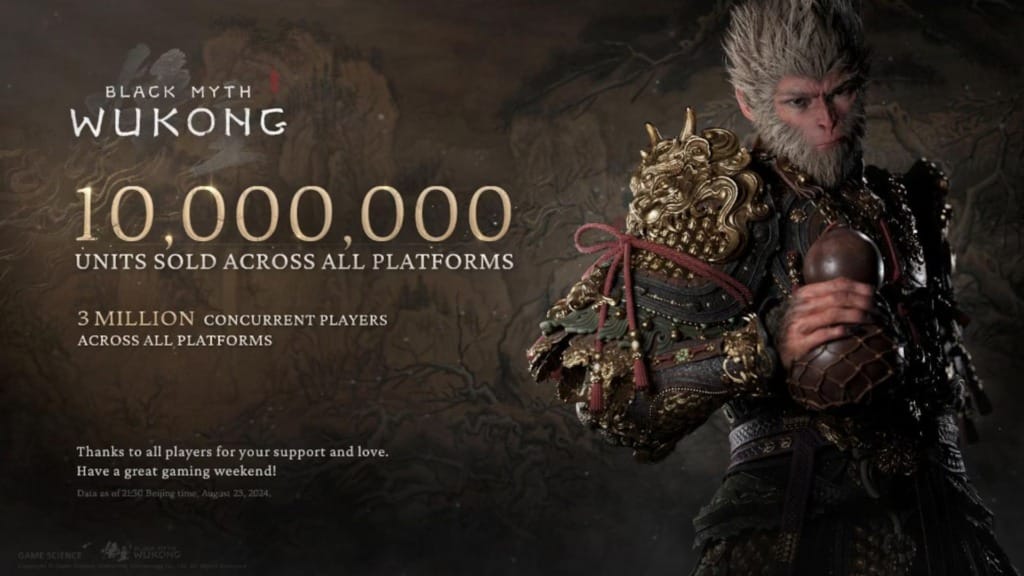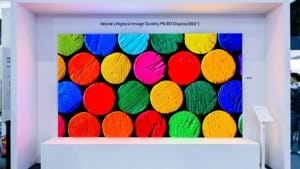Hit video game Black Myth: Wukong boosts China’s market sales in August
Black Myth: Wukong fuels China’s gaming market growth in August, boosting global sales and increasing industry momentum with strong revenue results.

The Chinese video game market saw impressive growth this August, with sales increasing by over 15% compared to the previous year. The surge was largely driven by the release of the much-anticipated AAA title Black Myth: Wukong, a game that has captured the imagination of gamers both in China and around the world.
Table Of Content
According to a report from the Gaming Publishing Committee of the China Audio-Video and Digital Publishing Association, China’s gaming market brought in 33.64 billion yuan (US$4.8 billion) in August alone. This marks a 21% increase from the previous month, with Black Myth: Wukong playing a major role in this surge. Released on August 20, the game has quickly gained a large following and has been praised by critics and players for its quality and immersive gameplay.
Black Myth: Wukong captures global attention
Black Myth: Wukong is an action-role-playing game based on the famous Chinese novel Journey to the West. Developed by Game Science, a studio based in Hangzhou, the game’s captivating storyline and high production values have made it a hit in mainland China and globally. The game has sold more than 20 million copies worldwide, mainly through the gaming platform Steam. According to data from the gaming market researcher Video Game Insights, these impressive sales have generated a staggering US$961 million in gross revenue.

The game’s global popularity has also significantly impacted the export of Chinese-developed games. In August, overseas sales of Chinese games saw a 25% year-on-year increase, reaching US$1.88 billion. This is up from US$1.5 billion in the same period last year, demonstrating the growing success of Chinese games in international markets.
Challenges for mobile games in China
Despite Black Myth: Wukong’s success, domestic mobile game sales in China experienced a slight drop in August. Mobile gaming revenue was down by 1.55% year-on-year, amounting to 22.5 billion yuan. This decline highlights the Chinese gaming industry’s challenges, particularly with the country’s slowing economy and the lingering effects of a recent regulatory crackdown on the sector.
China’s gaming market is the second-largest in the world regarding revenue, trailing only the United States. The industry has recently faced stricter regulations, especially regarding game approvals. However, there has been some positive movement in this area. The National Press and Publication Administration (NPPA), China’s gaming regulator, approved 117 new video games in August, more than any other month this year. The excitement surrounding the success of Black Myth: Wukong has contributed to this rise in approvals.
The future outlook for the Chinese gaming market
The NPPA approved licenses for 850 domestic video games in the first eight months of 2024, compared to 609 during the same period last year. This increase suggests a more open environment for game development and distribution in the country.
Industry consultancy Newzoo predicts that China’s gaming market will generate US$45 billion in revenue by the end of this year. This figure is slightly lower than the US market’s estimated US$47 billion, but both countries will account for about half of global spending on video games in 2024.
As the market continues to evolve, titles like Black Myth: Wukong demonstrate the potential of Chinese-developed games to succeed not only domestically but also significantly impact the global stage.
















